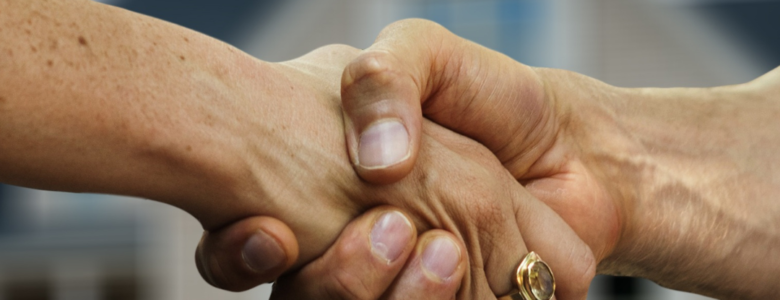Reverse mortgages provide a valuable financial resource for seniors, enabling them to tap into the equity of their home to supplement their retirement income. However, the thought of potentially losing their home upon the completion of the mortgage term often deters potential borrowers. This raises the question: can you repurchase your home after a reverse mortgage? In this article, we delve deep into the buyback option of reverse mortgages and the possibilities it offers.
A Quick Recap on Reverse Mortgages
Reverse mortgages are financial products available to homeowners aged 62 and above. They allow you to convert a portion of the equity in your home into cash, which can be received as a lump sum, regular monthly payments, or a line of credit. This provides an additional income stream during retirement.
However, traditional mortgages differ from reverse mortgages in that the former requires the homeowner to make monthly payments towards the loan balance. In contrast, the reverse mortgage lets the loan balance grow over time. Only when the homeowner moves out of the house, sells it, or passes away, does the loan get paid off.
The Buyback Option: What Does It Mean?
The term “buyback” refers to the process of purchasing an asset that was previously sold. In the context of reverse mortgages, a buyback would entail the homeowner or their heirs repurchasing the home after the reverse mortgage is due.
It’s important to note that the reverse mortgage becomes due and payable when the homeowner passes away, moves out of the home, or fails to meet the obligations of the mortgage, such as paying property taxes and insurance or maintaining the home.
So, can you or your heirs buy back your home after a reverse mortgage? The answer is, yes, it is possible under certain circumstances.
The Process of Buying Back Your Home
If the reverse mortgage becomes due and the homeowner or their heirs wish to keep the home, they must pay off the loan balance. Here’s how it works:
- Determine the Loan Balance: The first step is to determine how much is owed. This includes the principal amount, accumulated interest, and any fees or charges.
- Obtain a Home Appraisal: A current home appraisal will determine the market value of the home. If the home’s value is higher than the loan balance, the homeowner or their heirs can sell the home, pay off the loan, and keep the remaining proceeds.
- Pay Off the Loan: If the homeowner or their heirs wish to keep the home, they can pay off the loan balance using other funds or by refinancing with a traditional mortgage.
In situations where the home’s value is less than the loan balance, federal regulations protect the homeowner and their heirs. A reverse mortgage is a “non-recourse” loan, which means that the lender can only recoup their funds from the home itself. The homeowner or their heirs can pay off the loan by paying 95% of the current appraised value, regardless of how much is owed.
Considerations for Buying Back Your Home
While buying back your home after a reverse mortgage is possible, there are several key factors to consider:
- Financial Feasibility: Do you or your heirs have the financial means to pay off the loan balance? This could entail using savings, obtaining a new mortgage, or selling other assets.
- Property Value: Has the property value increased or decreased since the reverse mortgage was obtained? This can significantly impact the loan payoff amount.
- Emotional Attachment: For many, the home represents a sentimental family legacy. This emotional factor might weigh into the decision to buy back the home.
- Long-Term Plan: Consider the long-term implications of keeping the home. Can the ongoing costs of homeownership, such as maintenance, property taxes, and insurance, be managed?
Therefore, repurchasing your home after a reverse mortgage is a possibility that requires careful consideration and planning. Seek advice from a financial advisor or real estate professional to understand your options. Grasping the ins and outs of reverse mortgages and the buyback process helps make informed decisions. These decisions should align with your financial and personal goals.








